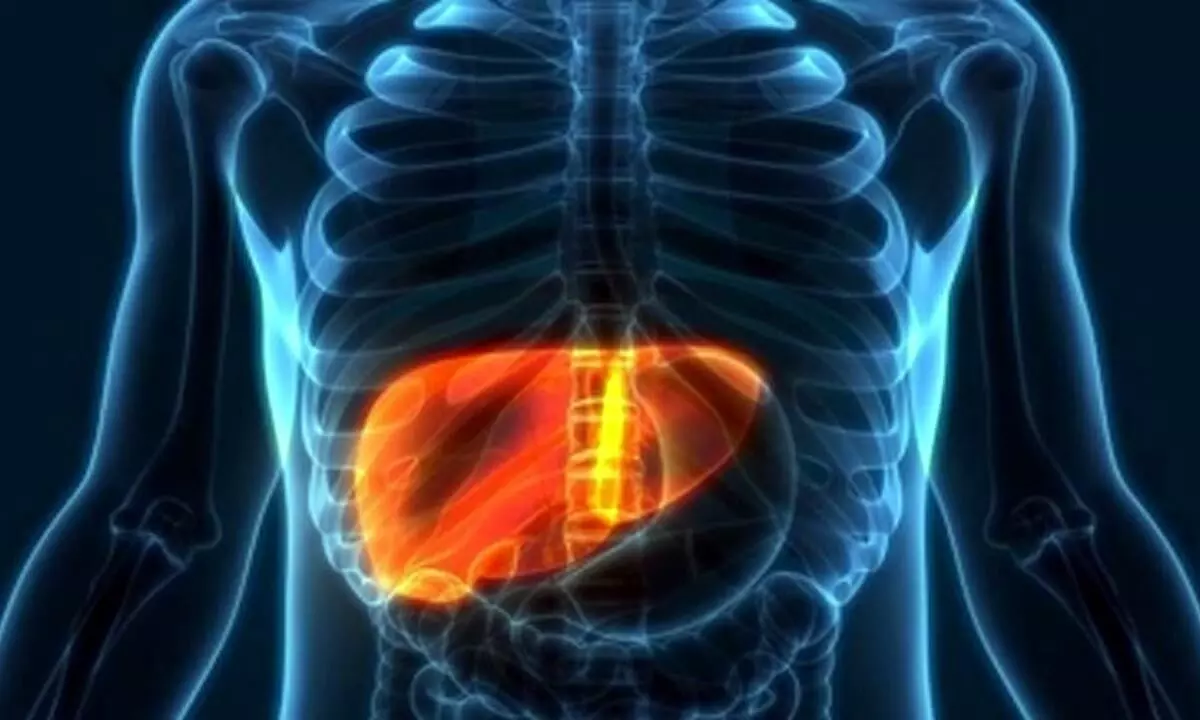US CDC investigating over 100 severe hepatitis cases in children

US CDC investigating over 100 severe hepatitis cases in children (Photo/IANS)
The US Centers for Disease Control and Prevention (CDC) is investigating over 100 cases of severe hepatitis in children, including five deaths, the agency has said.
Los Angeles: The US Centers for Disease Control and Prevention (CDC) is investigating over 100 cases of severe hepatitis in children, including five deaths, the agency has said.
The cases under investigation were found across 25 US states and territories and occurred over the past seven months, Xinhua news agency reported.
More than 90 per cent of the children were hospitalized and 14 per cent required liver transplants, according to the CDC. More than half of the kids had a confirmed adenovirus infection.
It is not yet clear what is driving these cases in young children.
Jay Butler, the CDC's deputy director of infectious diseases, told reporters that some of the common causes of viral hepatitis had been considered, but were not found in any of the cases.
Adenovirus has been detected in more than 50 per cent of these cases, though it has not been confirmed as the actual cause, according to the CDC.
From October 2021 to February 2022, nine severe hepatitis cases in children were reported in Alabama, seven girls and two boys ranging in age from 1 month to 6 years old.
Those cases were the first that drew attention to the liver illnesses in children in the US.
On April 21, the CDC issued a nationwide health alert to notify clinicians and public health authorities about a cluster of children identified with hepatitis and adenovirus infection.
The agency asked all physicians to be on the lookout for symptoms and to report any suspected cases of hepatitis of unknown origin to their local and state health departments.
Since then, state health departments have been working with pediatric specialists in their states to identify possible cases.
The CDC said adenovirus may be the cause of the reported cases, but other potential environmental and situational factors are still being investigated.
The cluster of cases, along with recently identified possible cases in Europe, suggests that the adenovirus should be considered in the differential diagnosis of acute hepatitis of unknown etiology among children, according to the CDC.
Adenovirus type 41 is primarily spread via the fecal-oral route and predominantly affects the gut. It is a common cause of pediatric acute gastroenteritis typically with diarrhea, vomiting and fever, often accompanied by respiratory symptoms, said the CDC.
Adenovirus is recognized as a cause of hepatitis among immunocompromised children, and might be an "underrecognised" contributor to liver injury among healthy children, according to the CDC.
On May 1, the World Health Organization reported at least 228 probable cases of hepatitis of unknown origin in children from 20 countries, with dozens more under investigation.















